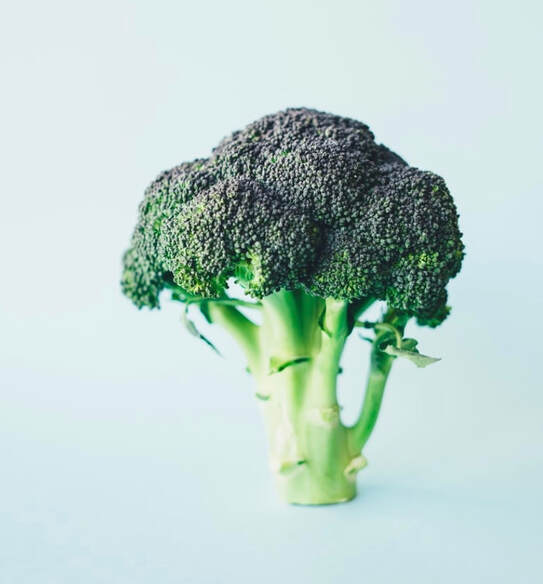|
As we start to settle into life as a family of four and find our daily rhythm, I’ve created a weekly routine for myself that I’m pretty happy with. I’m getting in regularly scheduled workouts (which, if you read my last post you know is a non negotiable for me), spending quality time with my family, and focusing on this blog and my own studies--all activities that I would classify as some of my favourite things. Maternity leave in Canada: it’s pretty sweet. It allows you time to really lean into the things you love. And it’s not to say that I don’t enjoy my job, but there’s nothing quite like making your own schedule and being really picky about how you spend your energy. A structured 9-5 doesn’t quite allow for the same flexibility. Last week, I was hyper aware of how level I felt. And by level, I mean blood sugar wise. I wasn’t craving sweets the same way I have been known to (not saying I didn’t have my daily dark chocolate. Because I did. Let’s not be ridiculous). And I was just feeling super satisfied by all of my well thought-out, real food meals. I was motivated in the kitchen to create nourishing dishes for my family and feeling more creative when it came to our meal prep. Just because I am a health and nutrition enthusiast, doesn’t mean my level of enthusiasm is consistent. Like anyone, it ebbs and flows and from time to time, I fall into a rut. Sometimes life gets away from me and my planning isn’t as top notch as it needs to be, or I have a difficult time coming up with new and interesting meals that also meet my nutritional standards. I began to wonder why, exactly, I was feeling this way. Why is it that my eating habits are better at certain times than others? When I really sat with this, I came to the conclusion that my eating habits are strongly correlated with my overall life satisfaction. When I feel fulfilled and generally happy, as well as minimally stressed (at least in a negative way), my food intake and eating patterns are optimized. Reflecting on periods of my life when I am not as satisfied by my daily routines, have less satisfaction by my close relationships, etc., I noted that my eating habits are more likely to stray from my ideal standards. There is an obvious emotional connection. If you're wondering, What The Heck Should I Be Eating for Health and Longevity? This post will set you up with some simple guidelines to get you started without leaving you overwhelmed. I felt very confident in this prediction, but wanted to dive a little deeper into the theory, so I began to research whether life satisfaction impacted eating behaviours, whether or not this was a well known phenomenon, and moreover, why. It was difficult to find studies that reflected this precise idea, but I definitely came across some closely connected literature. In one study, women were sorted into groups that aimed to help them increase their exercise, improve eating patterns and reduce weight. Results found that subjects’ mood, self-efficacy and body satisfaction strongly predicted emotional eating behaviour. Women who received in-person support in their health journey, reported increased exercise, and more positive self-efficacy and body satisfaction. They were also found to participate in emotional eating far less. The study itself concluded that multiple psycho-social factors should be addressed for optimal weight loss results. Another study found that unmet psychosocial needs were associated with disordered eating behaviours. “Path analysis revealed that unsatisfied needs of autonomy and competence were indirectly related to disordered eating behaviours through feelings of ineffectiveness… The observed patterns suggest that persistent experience of need frustration may engender an internal sense of ineffectiveness and lack of control, which then compels individuals to engage in disordered eating behaviours in an attempt to regain autonomy and competence.” It should be noted that researchers admitted this type of thing is difficult to study in depth and they weren’t entirely happy with their model, finding there was some obvious limitations and further research should be conducted. To be fair, these studies are looking at far more serious psychological matters than what I am referring to, but I am not afraid to draw a connection here. Based on what I have read (and what I am self reporting), I would suggest it makes sense that better/more positive food choices (as perceived by the individual) are generally made when one is feeling positively about themselves and their overall lifestyle. In other words, when everything else is in order and you are feeling organized, in control of your destiny, and satisfied by your daily routines, you are more likely to eat in alignment with your nutrition goals and ideals. What do you think? Is this too much of a stretch? Study correlation or not, I’m pretty convinced! Tell me about your personal experiences with this.
0 Comments
Leave a Reply. |
|



 RSS Feed
RSS Feed